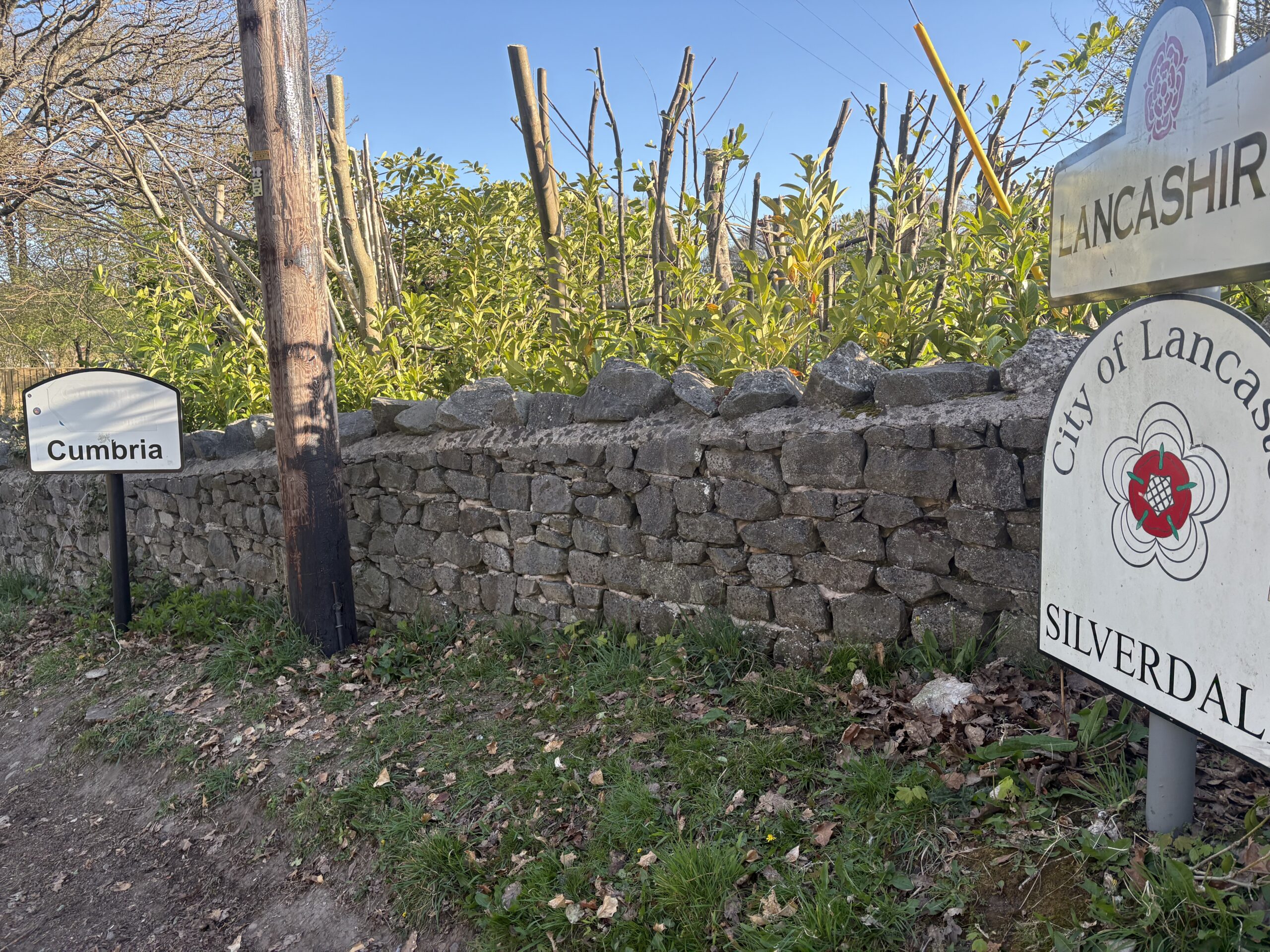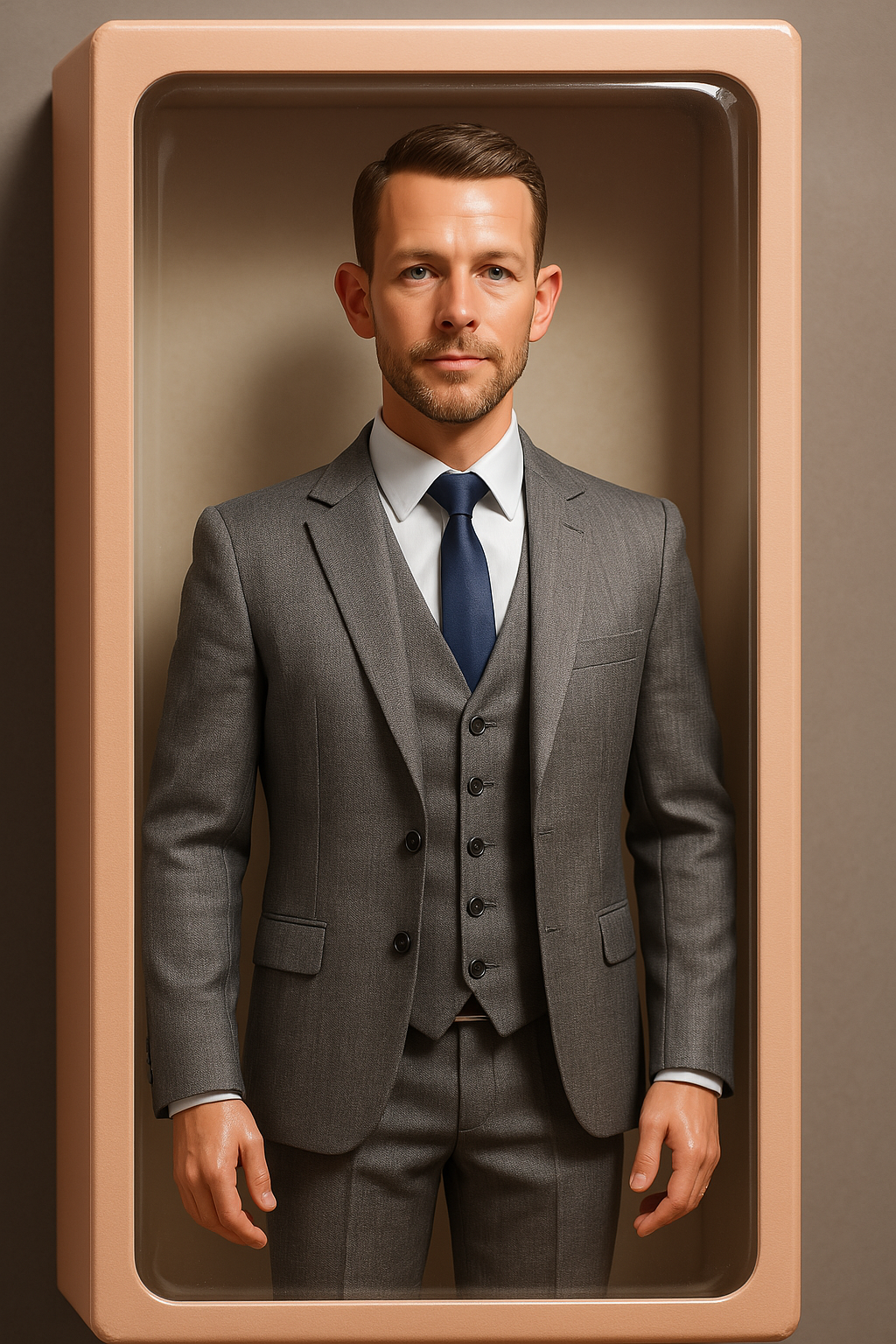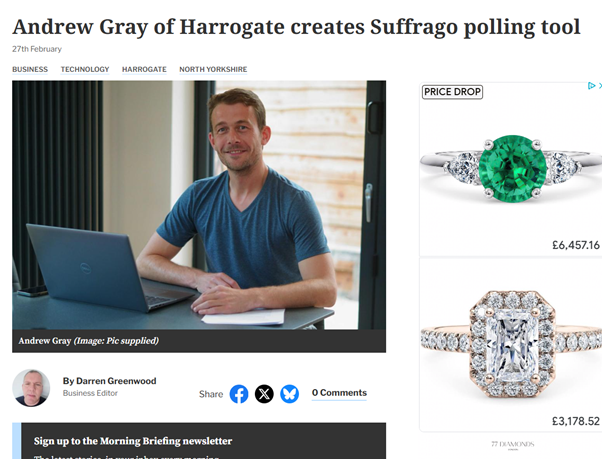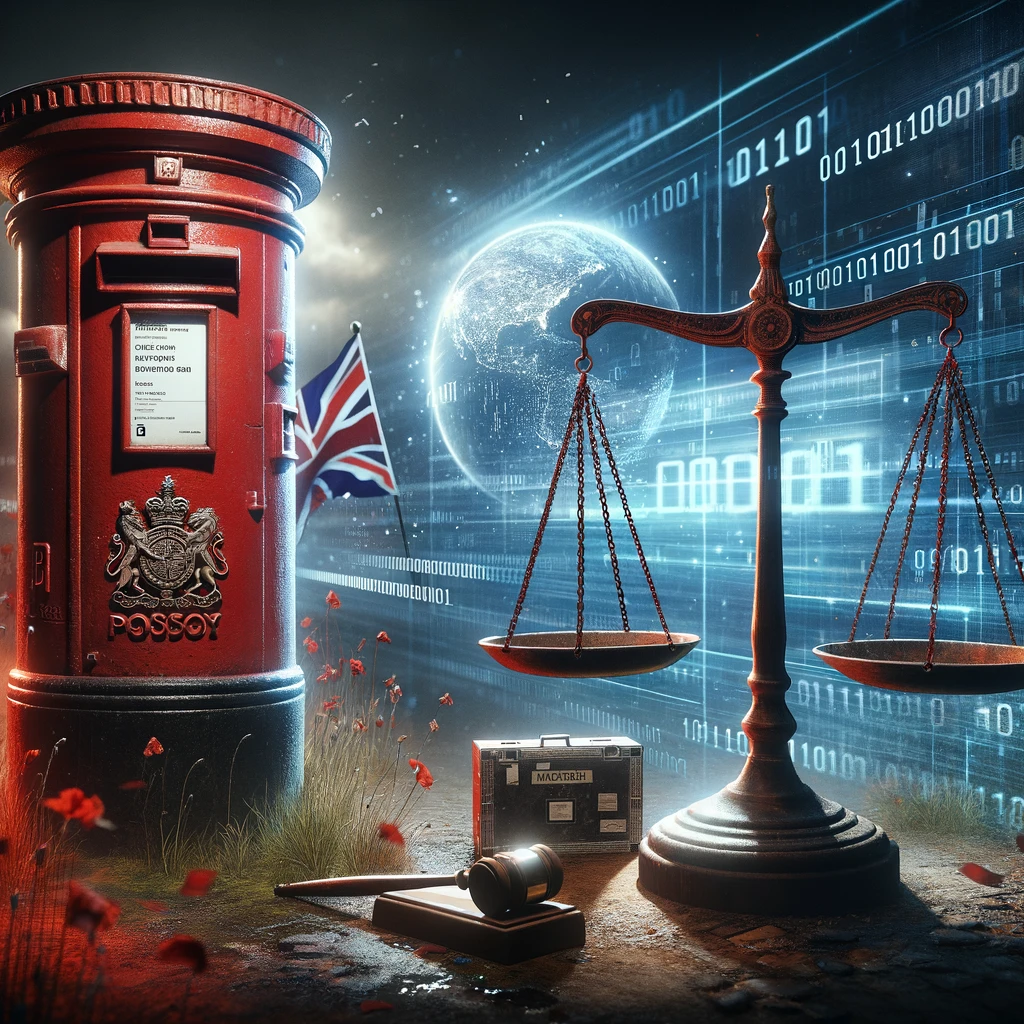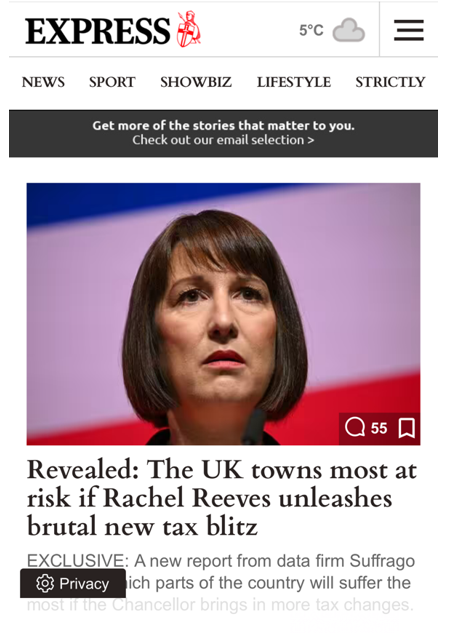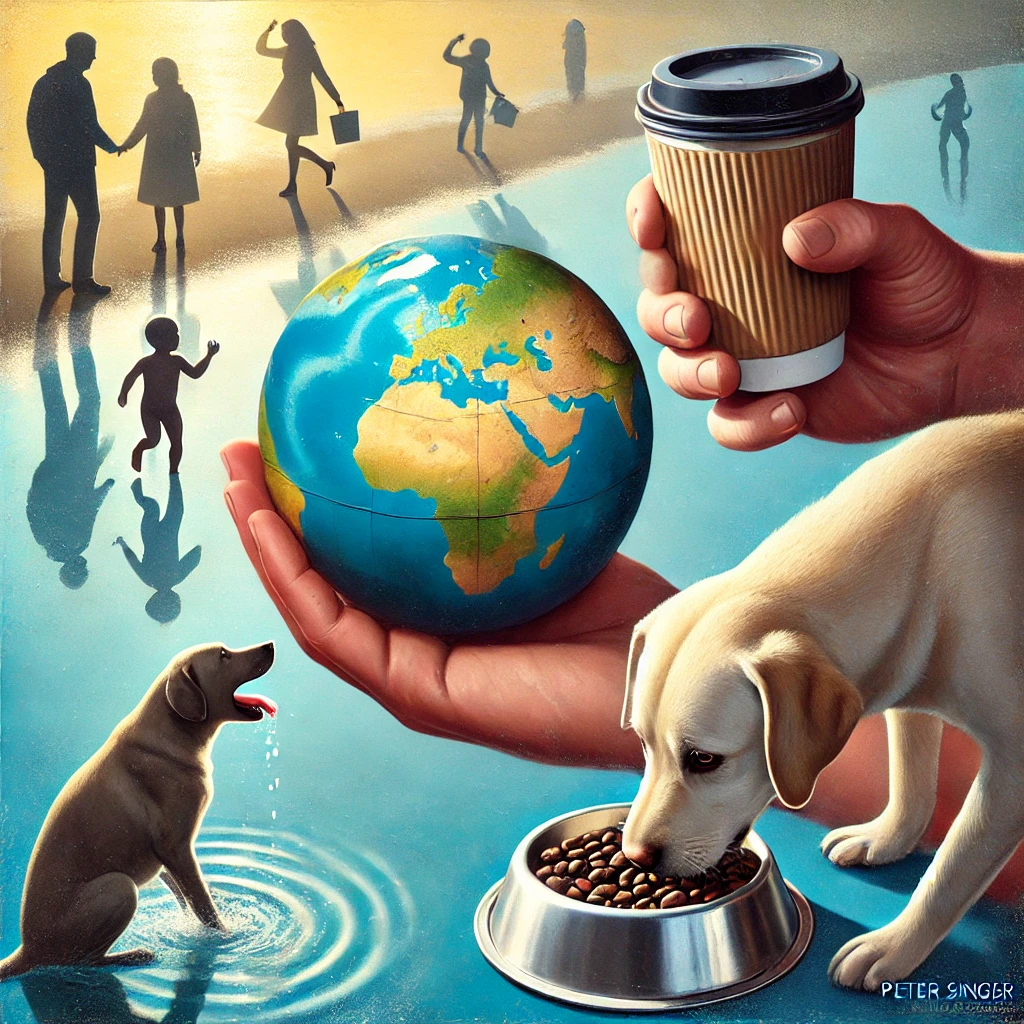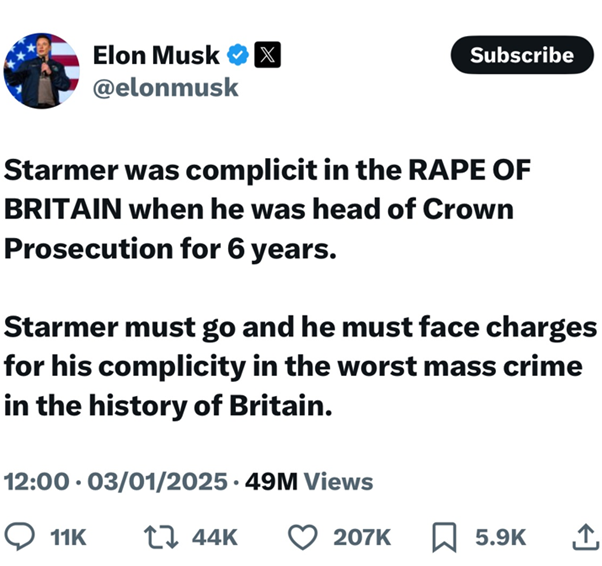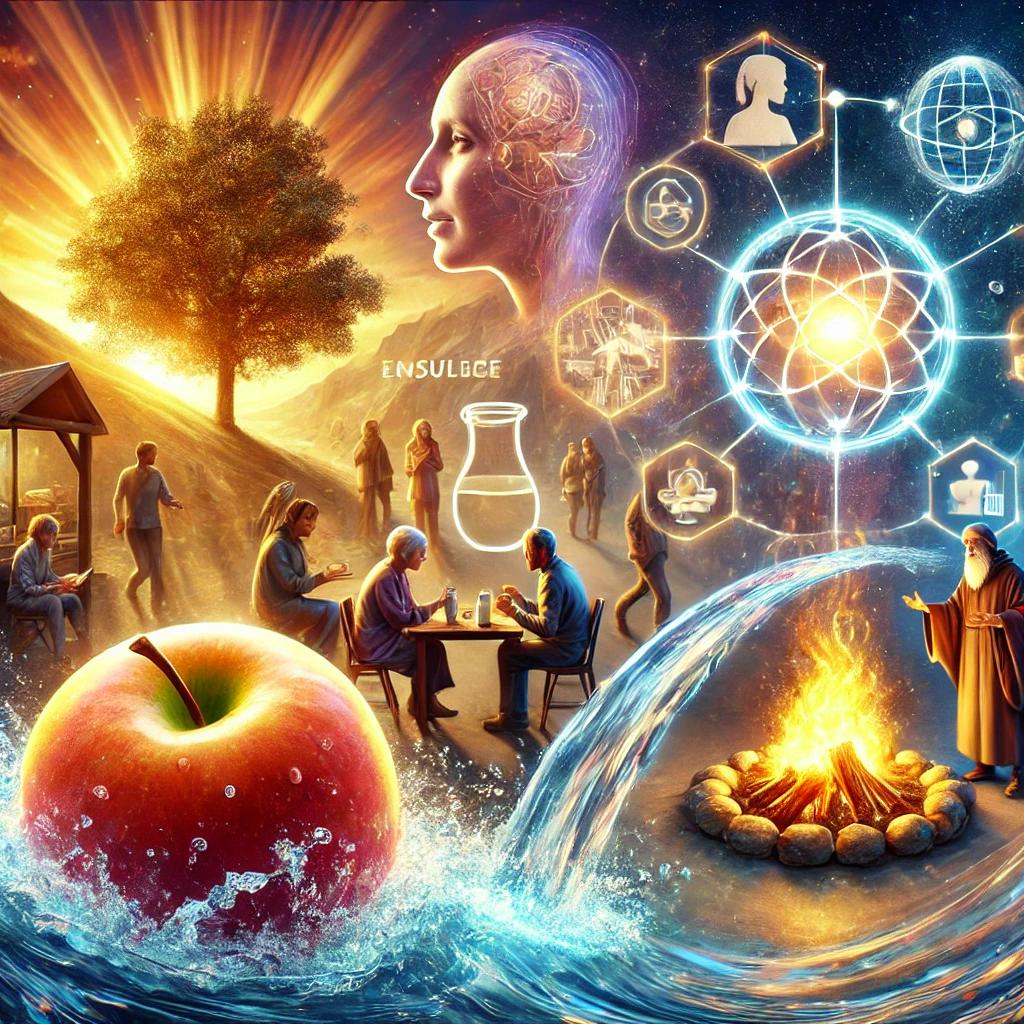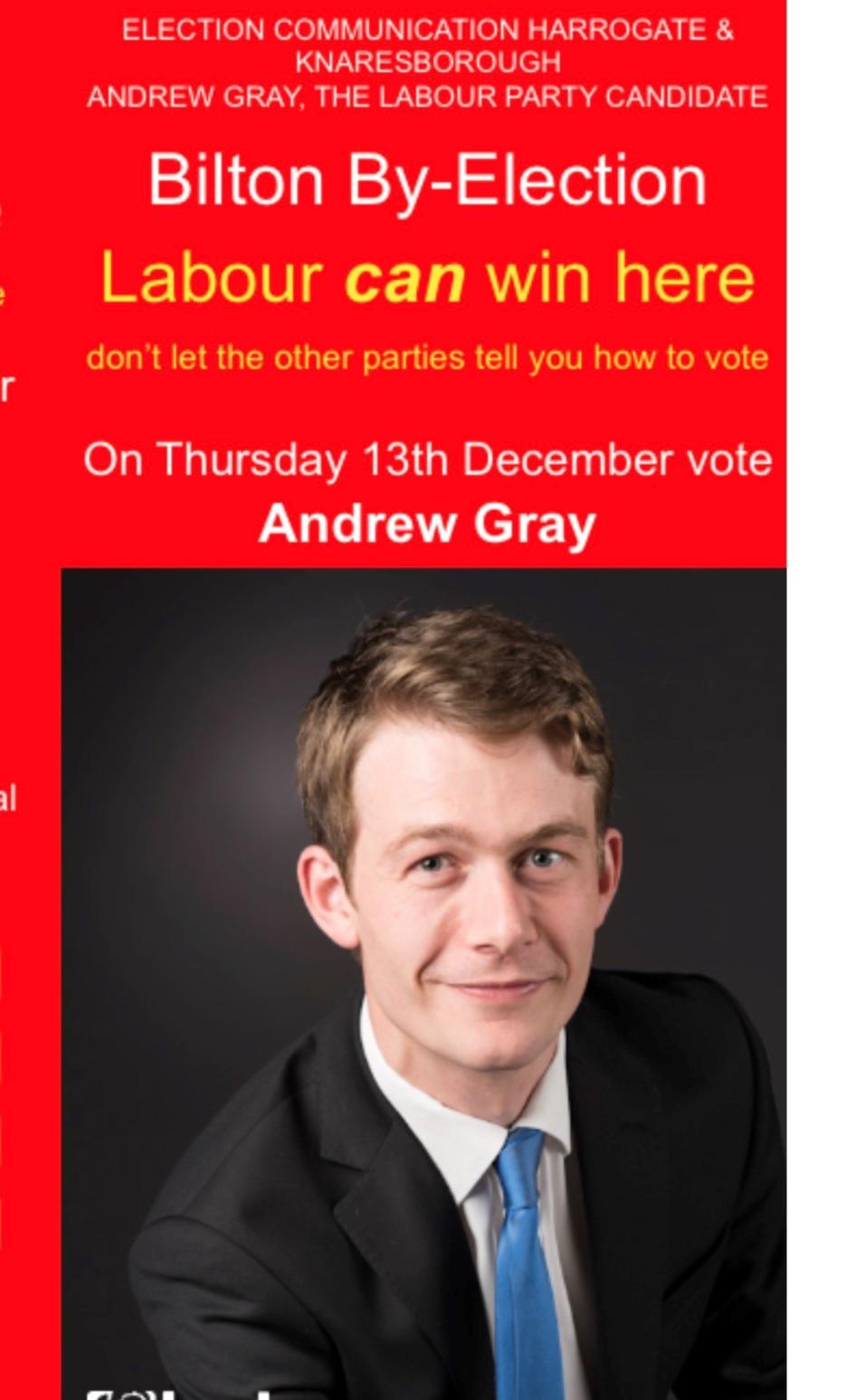I took this photo on my morning walk, just beyond the caravan park I’ve visited since childhood — where Cumbria and Lancashire nudge up against each other, and the park’s boundary marks this grand county divide.
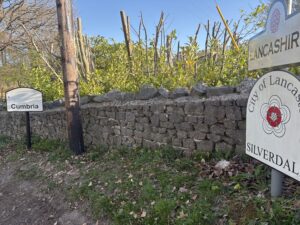
I grew up in Lancashire (technically Greater Manchester, but culturally Lancashire). For me, Lancashire meant school. Home. Grit. Rain. Blackburn Rovers.
Cumbria, on the other hand? That was holiday. Lakes. Ice cream. Caravan parks. Den-building.
Cumbria meant escape.
Lancashire meant timetable.
Holidaying in Lancashire? Doesn’t bear thinking about.
But of course, that’s utter nonsense. The ground doesn’t change. The sheep don’t start speaking a different dialect. The birds and the bees don’t respect this county line. This border is just a silly, artificial human construct.
Yet even knowing this, I still feel secretly pleased we’re just on the Cumbrian side for our holiday.
And it got me thinking: what other imaginary lines do we draw in our lives?
—
Who Gets to Say What You Are?
I used to be a lawyer. I no longer practise. So… am I still a lawyer?
These days, I spend a chunk of my time thinking, writing, and researching about health. Am I a doctor? Or at least, my own doctor?
We love titles. Lawyer. Doctor. Teacher. Journalist. Christian. Consultant. Gardener.
But what happens when you’re two, three, or five of these at once? What happens when you change over time? When does the label stop fitting — and who gets to decide?
—
Backpackers (yawn) Tell Stories Too
Twenty years ago, I campaigned to send backpackers to Burma (as it was then known).
Aung San Suu Kyi, the country’s leader at the time, asked tourists to stay away — but made an exception for journalists.
Her view, back then: journalists would tell the world what was happening. Tourists would not.
But I disagreed. (And now, of course, she’s a pariah for her anti-Muslim stance.)
In the early 2000s, every backpacker was a journalist. They had cameras. They shared stories. They posted on the Lonely Planet forum. They came home and told anyone who’d listen — and bored the pants off most of them. (Guilty. As. Charged.)
Today, every tourist with a smartphone is a potential reporter. One brave person, one upload — and the world sees the tank in Tiananmen Square.
Sure, journalists are trained wordsmiths. They’re objective, precise, legally aware and adept at research. But to draw a hard line between a “tourist” and a “storyteller” is naive. The modern world makes journalists of us all.
And while we’re asking… am I a writer?
—
The Curse of Specialism and the Boxed Brain
In our capitalist culture, we’re pushed to specialise. To niche down. To be “the expert in X.”
But what if you’re good at X, Y and Z? What if your brain wanders — in a good way?
Too often, we accept boxes not just for our jobs, but for our selves:
• I’m not clever.
• I’m not sporty.
• I’m not creative.
• I’m not attractive.
These aren’t truths.
They’re prisons made of language.
Yes, language helps us think — I often write just to figure out what I think.
But language — especially labels — can just as easily trap us. It used to trap me.
The sentence “I’m not good at maths” becomes prophecy.
We internalise signs — Cumbria here, Lancashire there — and then refuse to cross them.
We’re not fixed categories. We’re fluid, shifting, multi-dimensional.
And we don’t need signs telling us who we are.
Up yours, labels (though I do like to holiday in Cumbria).
